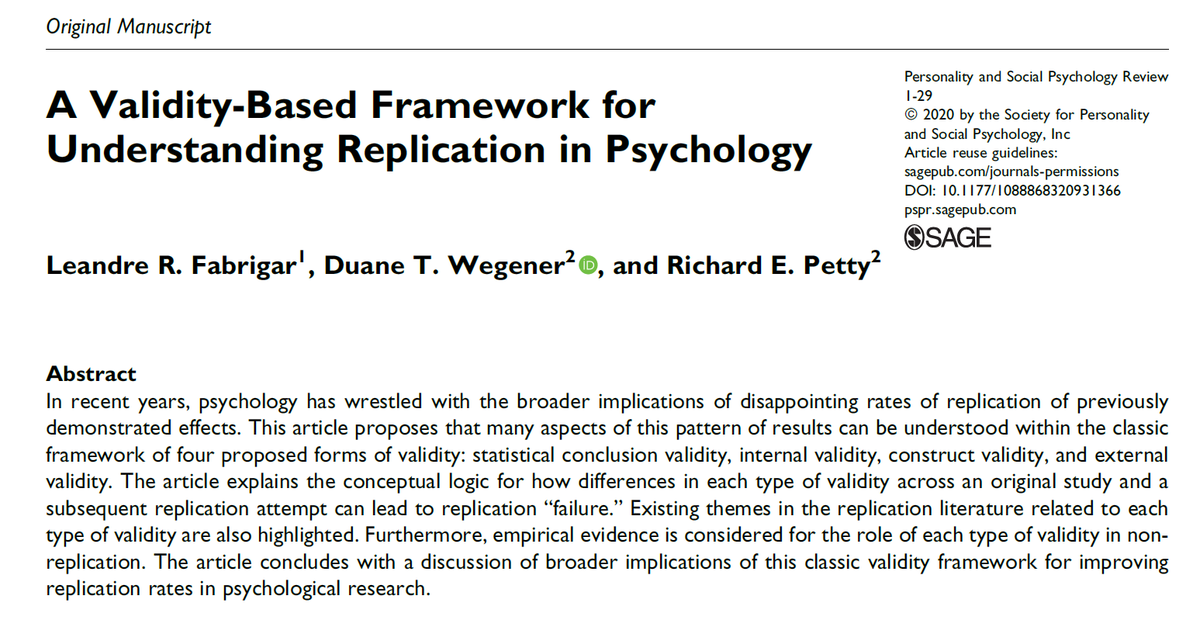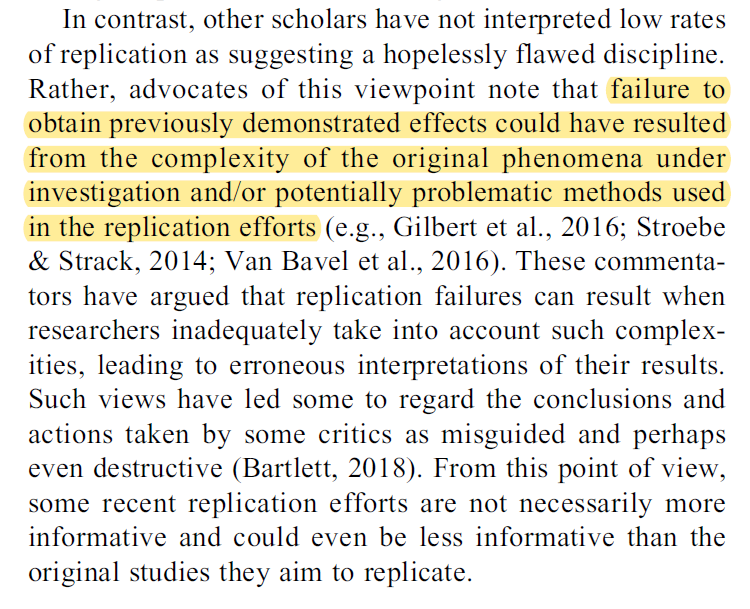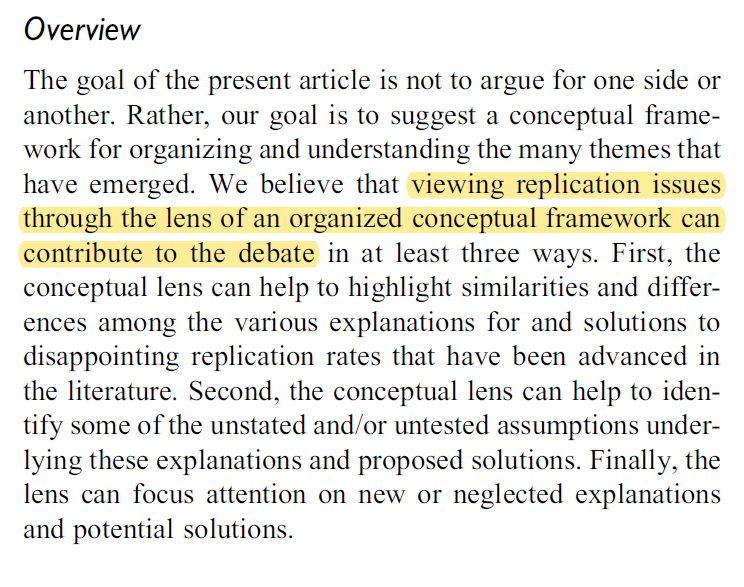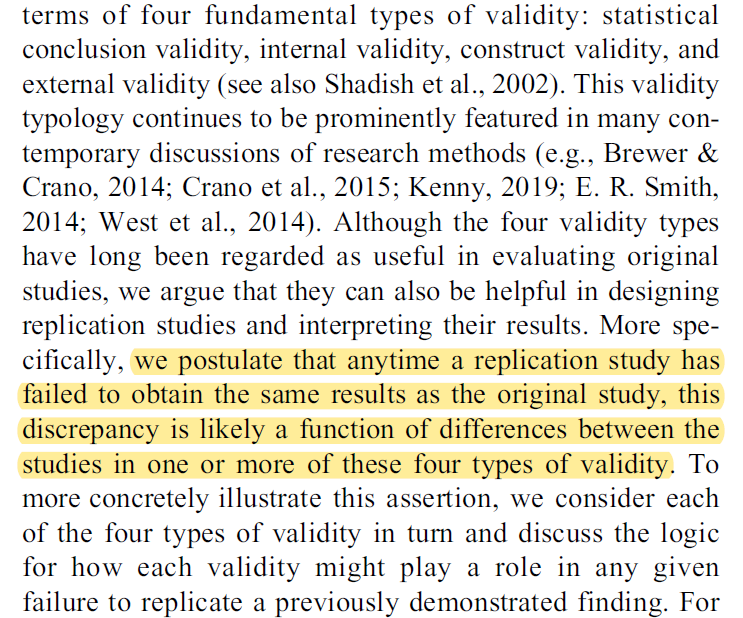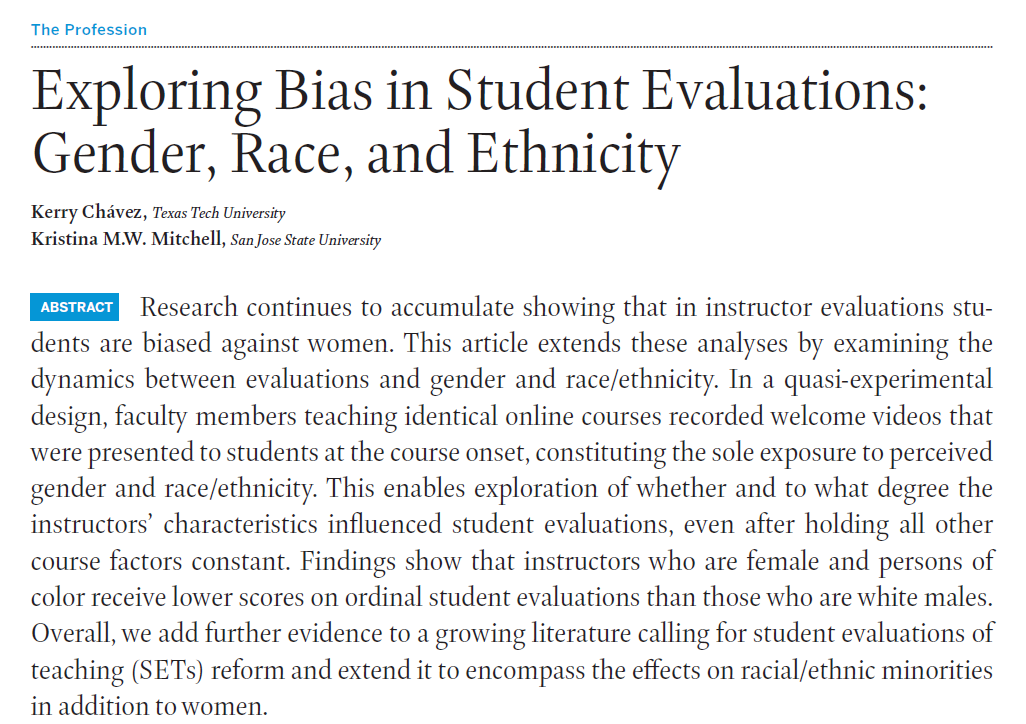
PhDs - if you’re not super into stats and data analysis and looking to shift to #altac/non-prof roles the skills you want to hone & excel at are:
- Writing (but not dense academic writing)
- Project management
- Strategic, big picture thinking
You have a leg up here ^^ use it.
- Writing (but not dense academic writing)
- Project management
- Strategic, big picture thinking
You have a leg up here ^^ use it.
Now two years out, I look on whether my PhD was “worth it”.
If only based on job requirements then no. Most roles I want don’t need a PhD.
BUT my PhD gave me the writing, PM & strategy skills I use everyday that will get me on a new path. So yes, it was worth it.
If only based on job requirements then no. Most roles I want don’t need a PhD.
BUT my PhD gave me the writing, PM & strategy skills I use everyday that will get me on a new path. So yes, it was worth it.
I did so many types of tasks during my PhD and it really is all about leveraging those things and being able to translate what you did for a new career audience.
Your PhD also gives you confidence and leadership skills that most just don’t have coming out of undergrad.
Your PhD also gives you confidence and leadership skills that most just don’t have coming out of undergrad.
Don’t be dismayed by the “all coding all the time” heavy quant times that seem like a requirement for research PhDs.
Of that’s your thing, then do it! If not that’s ok, too!
Identifying your relative strengths and finding a company/org that you’re into is what matters.
Of that’s your thing, then do it! If not that’s ok, too!
Identifying your relative strengths and finding a company/org that you’re into is what matters.
Its honestly incredible how many COOL career paths there are that PhDs would be great at.
Don’t be down about the academic job market. Get out there, keep an open mind, and explore the possibilities.
You just might find an amazing career!
Don’t be down about the academic job market. Get out there, keep an open mind, and explore the possibilities.
You just might find an amazing career!

• • •
Missing some Tweet in this thread? You can try to
force a refresh







